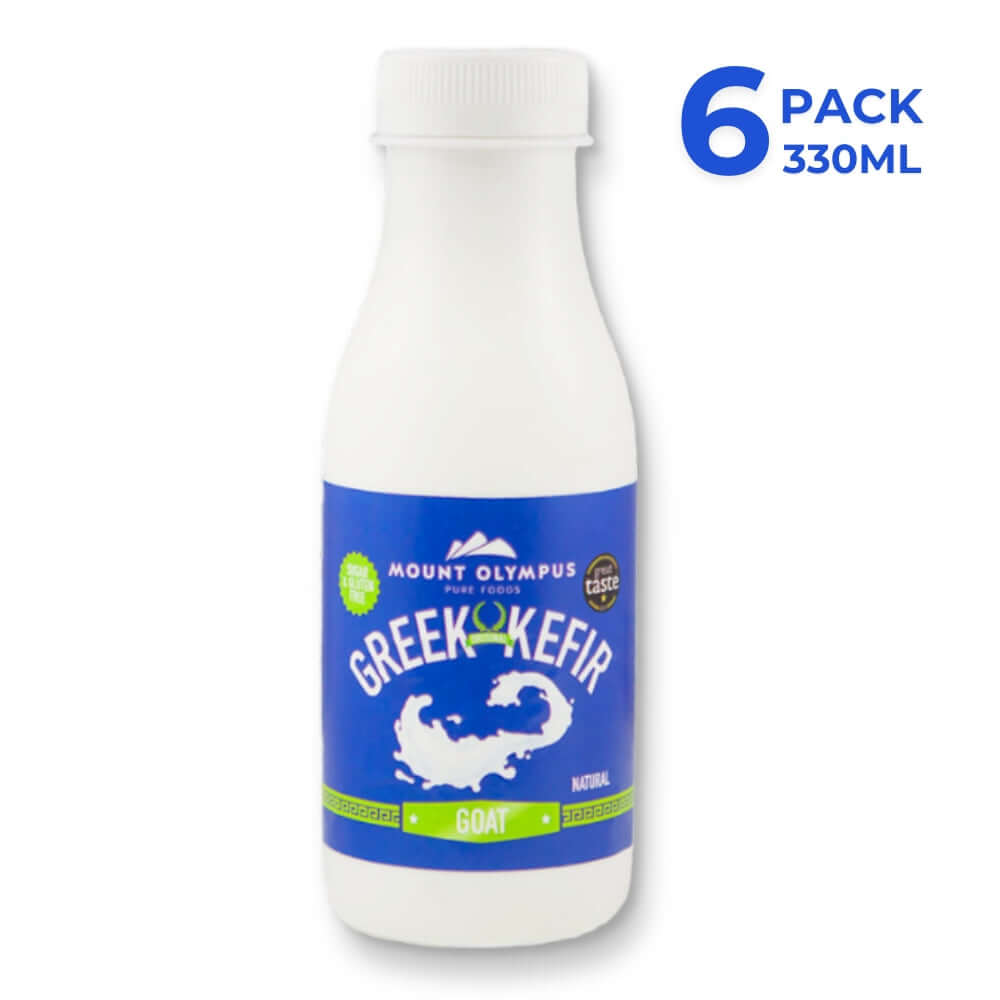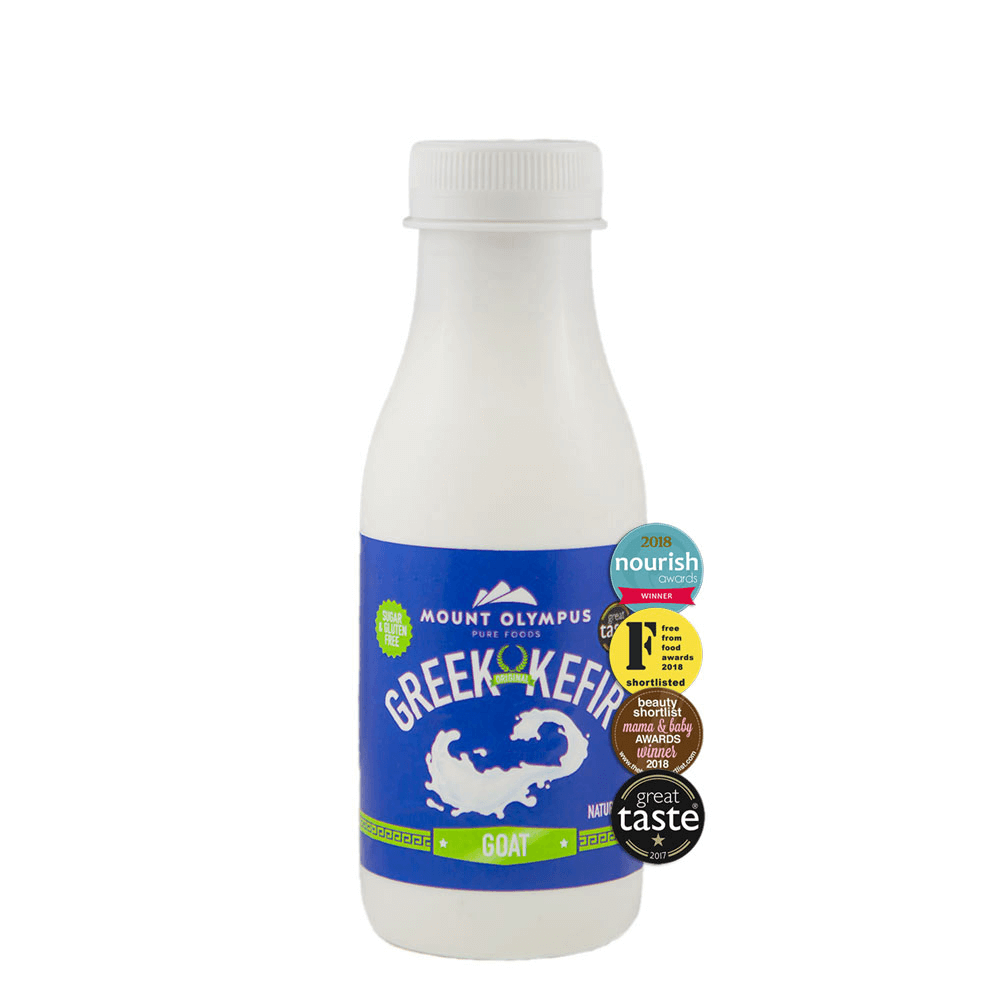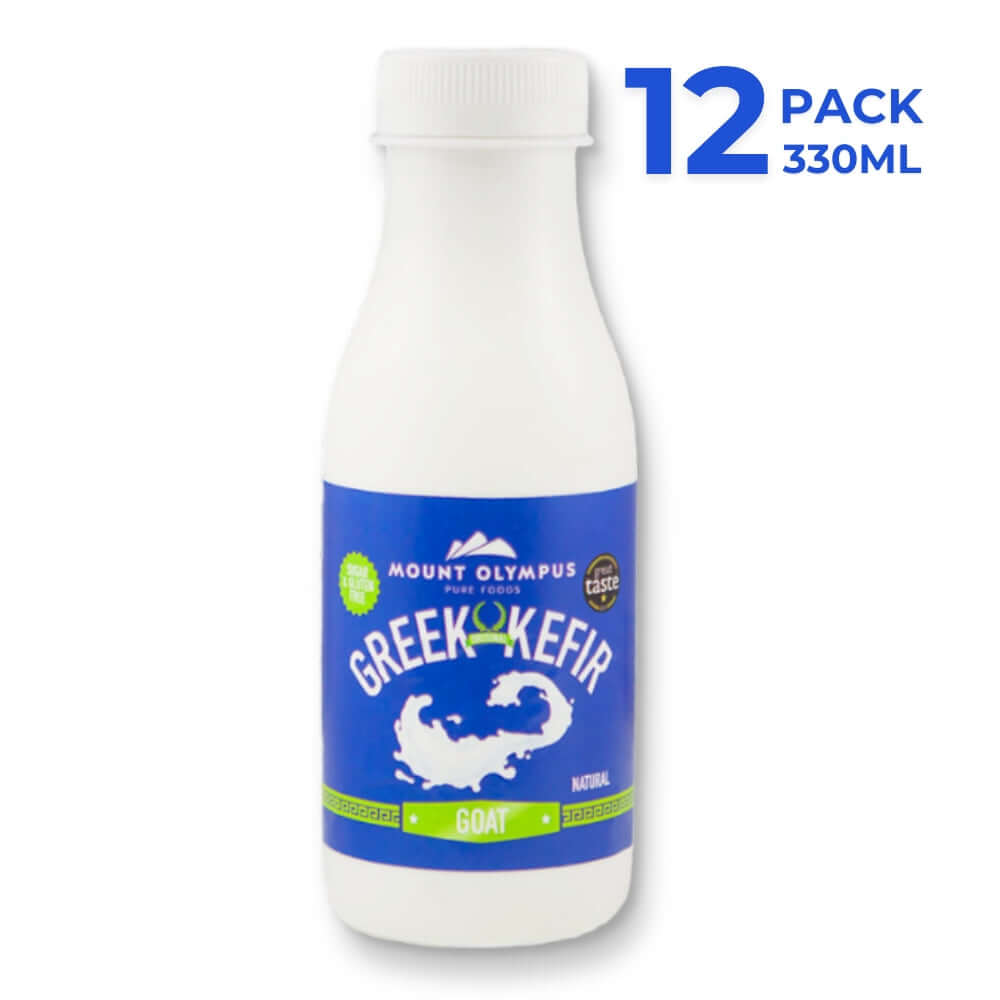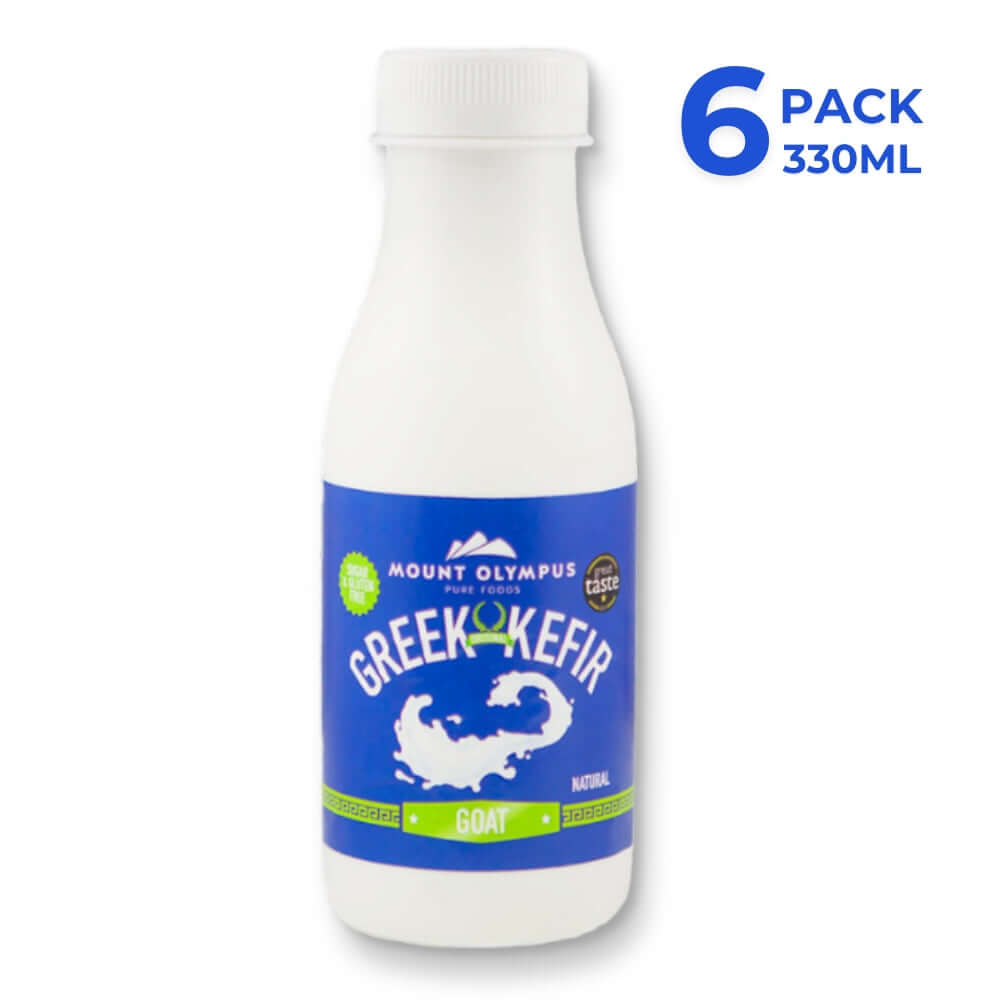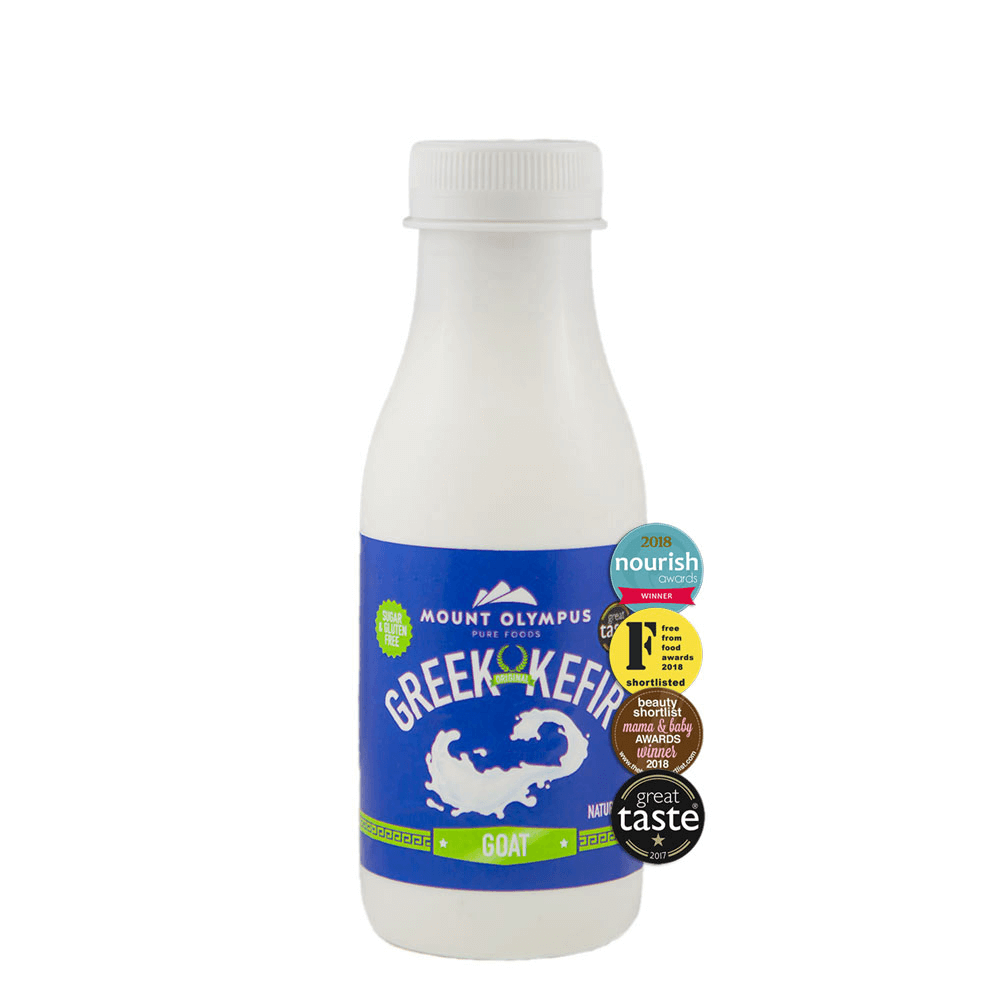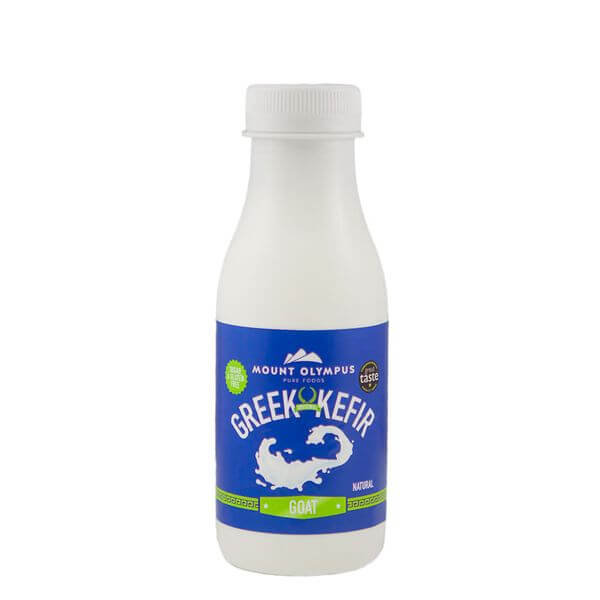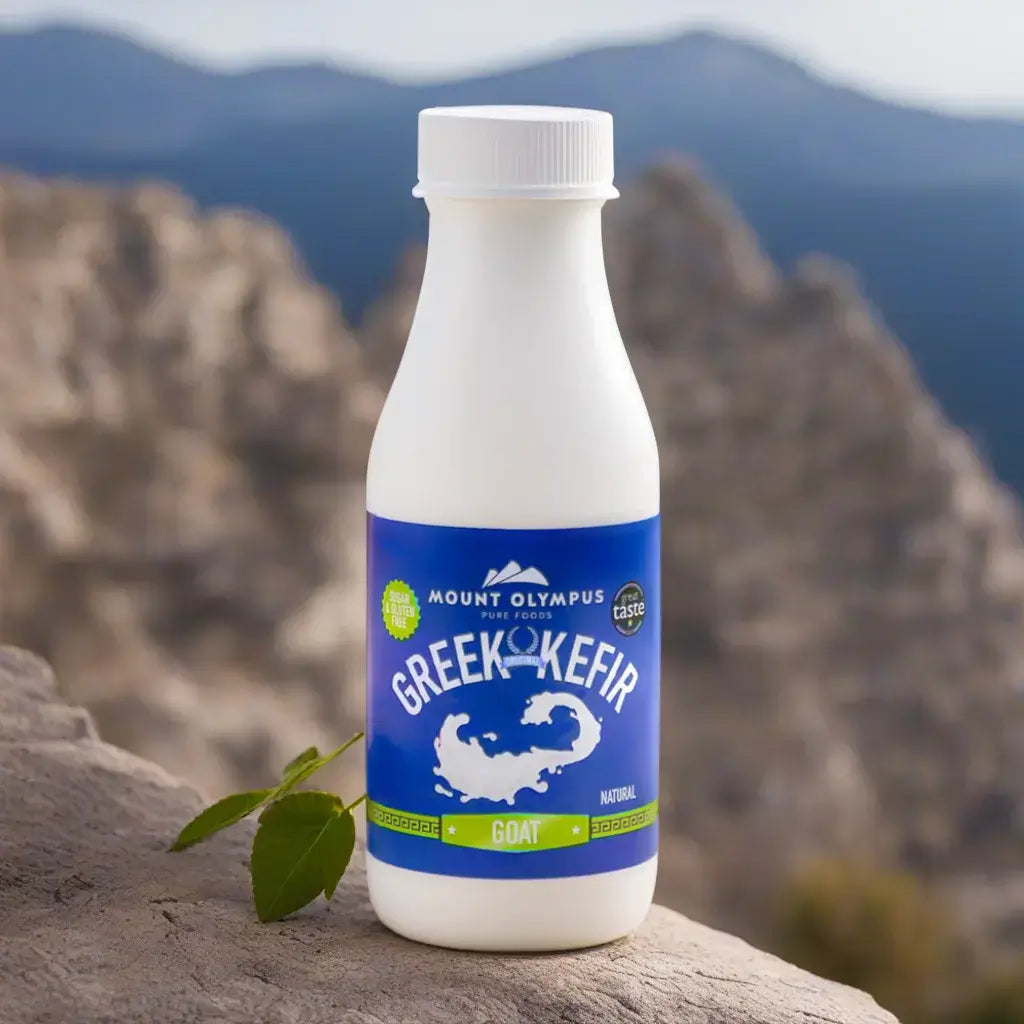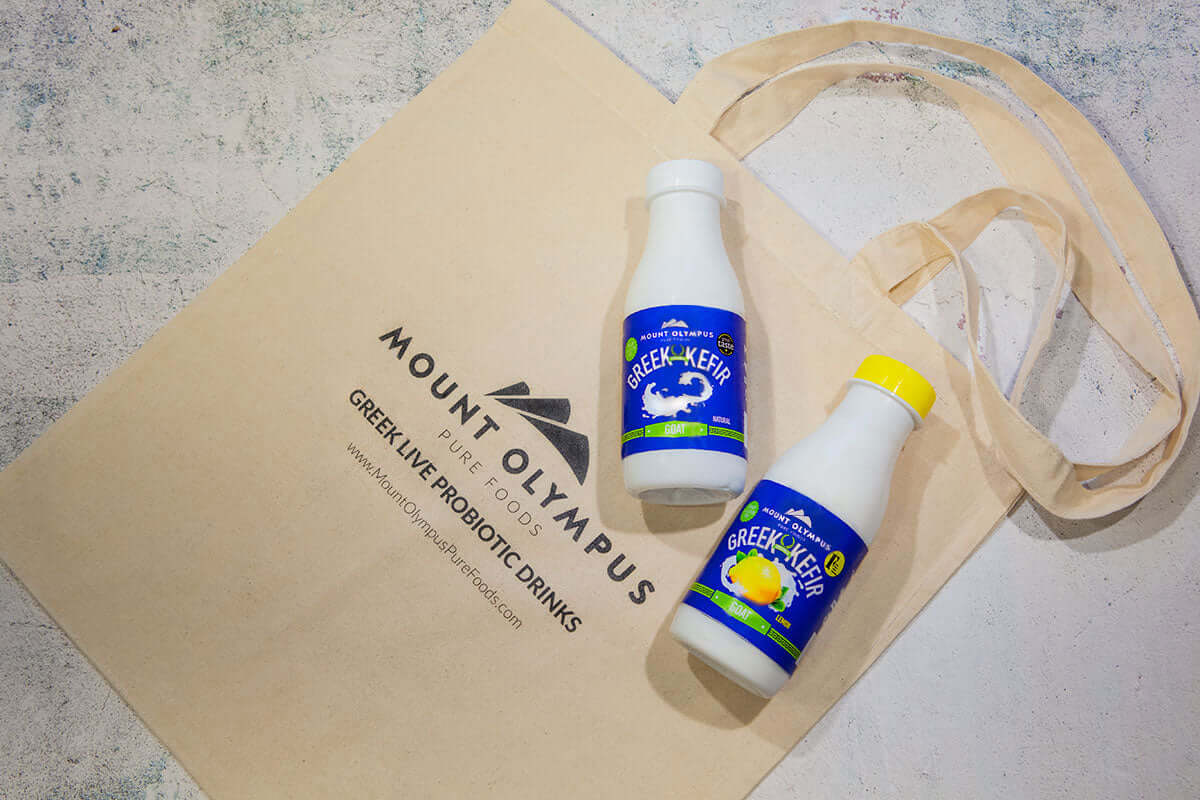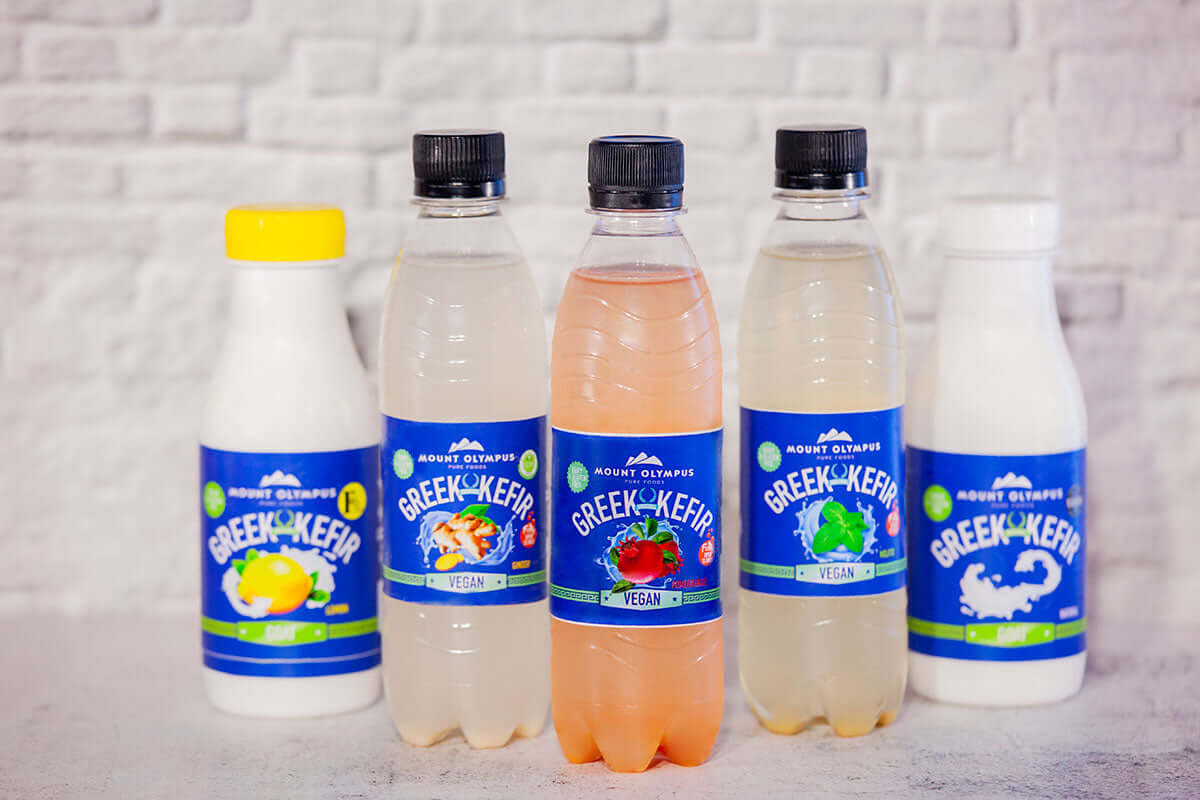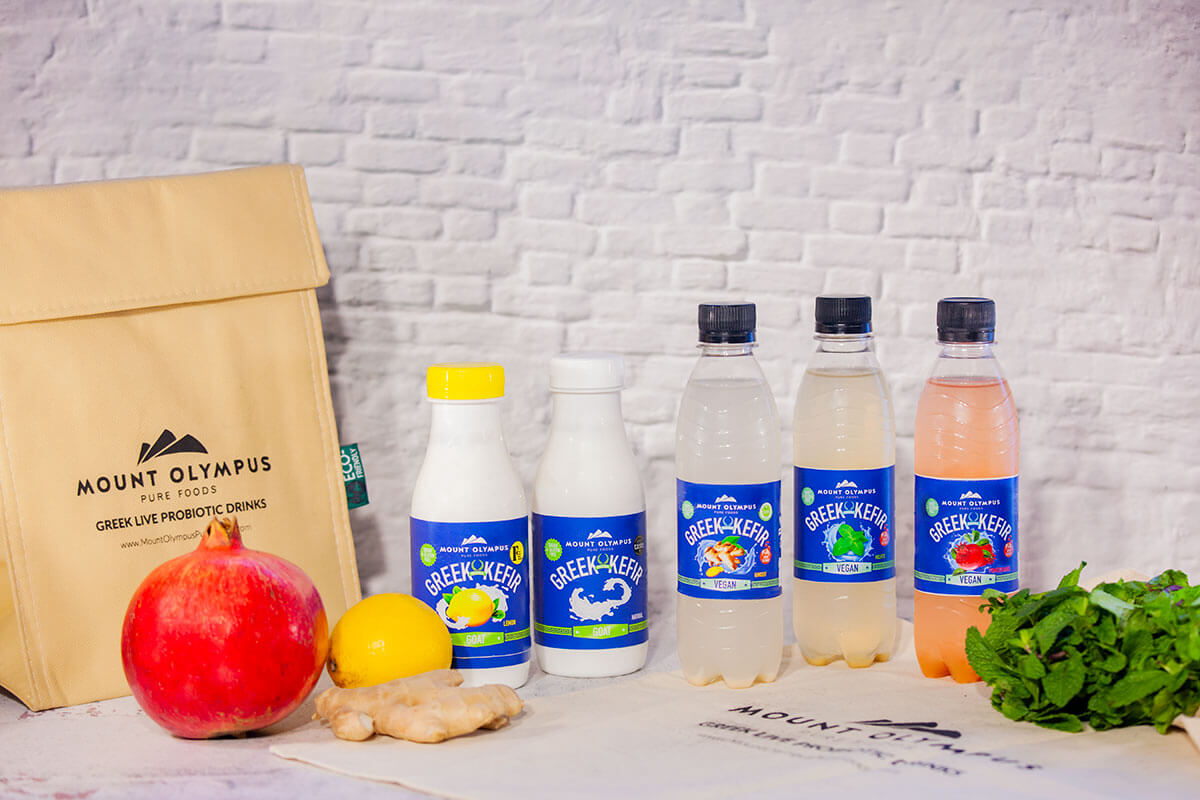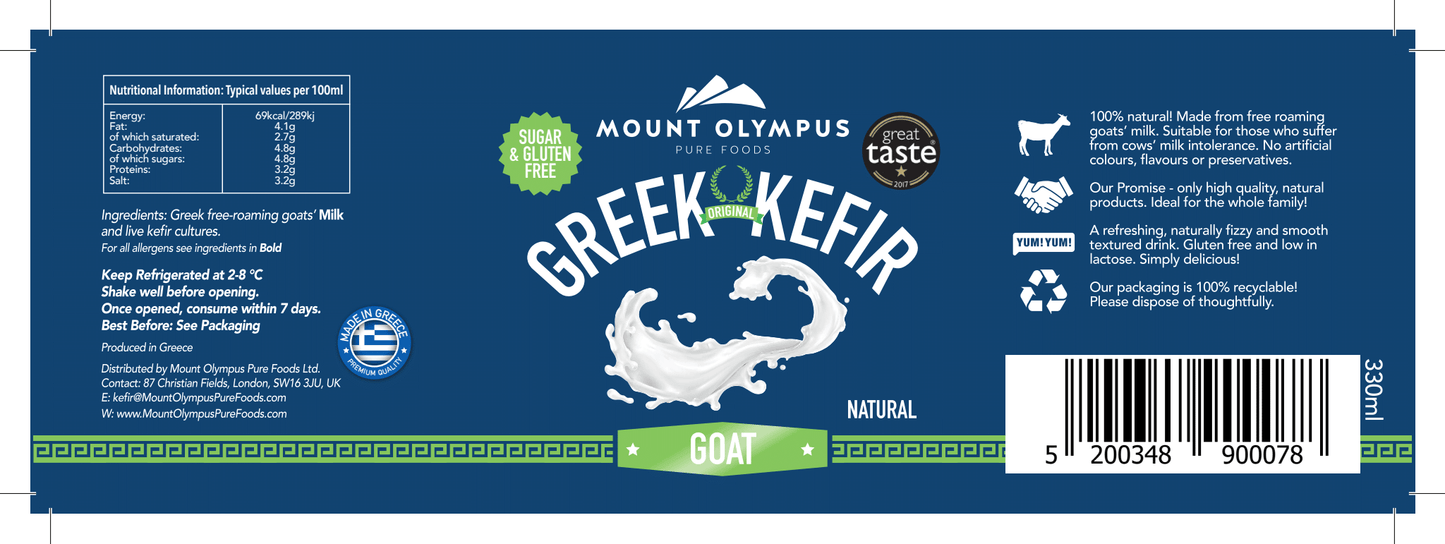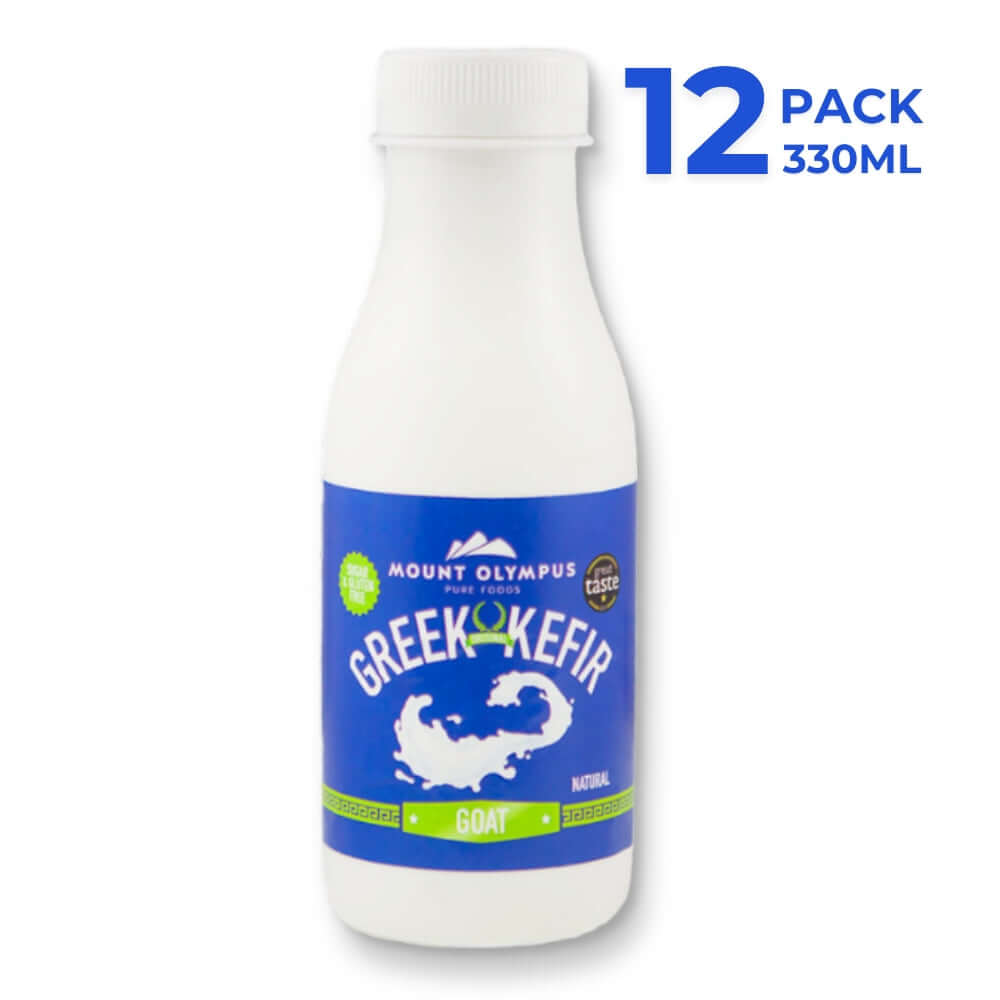Antibiotics are necessary in the treatment of potentially life threatening infections. Sadly they can also cause alterations in the populations of beneficial bacteria and come with a host of potential side effects including diarrhoea, stomach upsets and thrush.
This article explores the benefits of following up antibiotic treatment with a course of traditionally fermented kefir.
Kefir during and following antibiotics:
- drink a bottle of kefir per day whilst taking antibiotics to assist with side effects
- drink kefir at least 2 hours away from antibiotics
- carry on consuming kefir for at least 8 weeks following antibiotic therapy
The microbiome is a collection of microorganisms, mainly made up of beneficial bacteria, that live in the gut, nose, reproductive organs and on the skin. Every human is thought to harbour up to 100 trillion beneficial microbial cells and the surprising part is they are essential for good health.
These bacteria contribute to immunity, digestive wellness, skin health and even mood and cognition.
Good gut bugs are highly sensitive creatures and their populations are easily depleted by periods of stress, excess alcohol consumption and a high sugar/ low fibre diet to name a few. One of the biggest threats to them is antibiotics which are shown to wipe out populations of beneficial bacteria alongside getting rid of the disease causing pathogens. Whereas depletions caused by diet and lifestyle are gradual, antibiotic associated losses can take effect in just 3 days, leading to both short and long term alterations in the gut.
When a percentage of the beneficial gut bacteria are wiped out, the gap that is left behind remains open to opportunistic organisms. Less than ideal species such as clostridium difficile, klebsiella pneumonia and staphylococcus aureus can sneak in, causing short or longer bouts of diarrhoea. C. diff in particular is associated with reoccurring infections and fewer beneficial bacteria as they compete for space in the gut. In susceptible individuals, thrush causing candida can also take over following a course of antibiotics.
Alongside the increased risk of infections, unfavourable changes in metabolism may also be triggered by antibiotics. For example, it can favour the growth of obesity promoting bacteria. This may appear as an odd concept but certain gut bacteria seen in obesity are more efficient at deriving energy from food, leading to a greater production of short chain fatty acids, followed by weight gain in the subject. In fact, low doses of antibiotics have long been used to promote weight gain in malnourished children and in farming to “fatten-up” livestock at a quicker rate.
Luckily, supplementation with beneficial bacteria shows promise in buffering the effects of antibiotics. In elderly, children and adults, supplementing with beneficial microbes during antibiotic treatment was effective against reducing rates of antibiotic-associated diarrhoea.
The traditionally fermented Mount Olympus kefir is a great source of a diverse range of beneficial microbes. Studies on kefir make reference to it’s effects on preventing colonisation by pathogenic organisms such as candida and c. diff amongst others.
Kefir may also increase the overall diversity and populations of beneficial microbes in the gut, making it an ideal supplement before, during and after antibiotic therapy.
We recommend consuming a 300ml bottle of kefir per day during antibiotic therapy and continuing for at least 8 weeks after the course of antibiotics has finished. Drink kefir at least 2 hours away from antibiotics for the best outcome.


